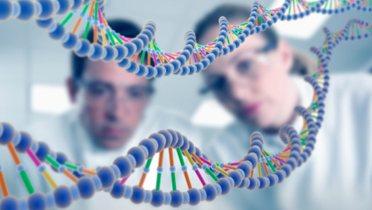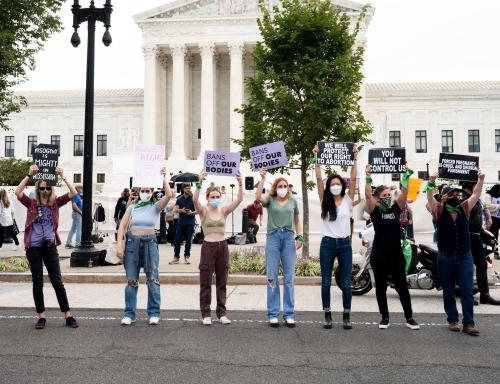Introduction
Imagine a future in which any person, man or woman, could engineer a child as a genetic replica of himself or herself. Or a future in which a child could be the biological fusion of the genes of two men or two women. Or a future in which every individual could know, with reasonable certainty, which diseases they would suffer in the months, years, or even decades ahead. Would this new genetic age constitute a better world, or a deformed one? The triumph of modern civilization, or the realization of modernity’s dark side?
With a subject as large and as profound as modern genetics, we face a major question from the start about how to approach it. We could take a scientific approach, examining the use of information technology in genomic research, or the latest advances in identifying certain genetic mutations, or the use of genetic knowledge in the development of medical technologies. We can take a social scientific approach, seeking to understand the economic incentives that drive the genetic research agenda, or surveying public attitudes toward genetic testing, or documenting the use of reproductive genetic technology according to socioeconomic class. We could take a public safety approach, reviewing different genetic tests and therapies for safety and efficacy with a view to identifying regulatory procedures to protect and inform vulnerable patients undergoing gene therapy trials. As we think about the genetic future, all of these approaches are valuable. Yet there are even more fundamental questions that need to be addressed. These concern the human meaning of our growing powers over the human genome.
The reason modern genetics worries, excites, and fascinates the imagination is that we sense that this area of science will affect or even transform the core experiences of being human—such as how we have children, how we experience freedom, and how we face sickness and death. Like no other area of modern science and technology, genetics inspires both dreams and nightmares about the human future with equal passion: the dream of perfect babies, the nightmare of genetic tyranny. But the dream and the nightmare are not the best guides to understanding how genetics will challenge our moral self-understanding and our social fabric. We need a more sober approach—one that confronts the real ethical and social dilemmas that we face, without constructing such a monstrous image of the future that our gravest warnings are ignored like the bioethics boy who cried wolf.
What is the role of constitutional adjudication in confronting these dilemmas? In a word, that role should be limited. To be sure, American constitutional principles and institutions provide the frameworks and forums for democratic deliberation regarding bioethical and other important moral questions, but in most cases it will not be possible to resolve them by reference to norms that can fairly be said to be discoverable in the text, logic, structure, or historical understanding of the Constitution. Reasonable people of goodwill who disagree on these matters may be equally committed to constitutional principles of due process, equal protection, and the like; and it would be deeply wrong—profoundly anti-constitutional—for people on either side of a disputed question left unsettled by the Constitution to manipulate constitutional concepts or language in the hope of inducing judges, under the guise of interpreting the Constitution, to hand them victories that they have not been able to achieve in the forums of democratic deliberation established by the Constitution itself. It would be a tragedy for our polity if bioethics became the next domain in which over-reaching judges, charged with protecting the rule of law, undermine the constitutional division of powers by usurping the authority vested under the Constitution in the people acting on their own initiative (as is authorized under the laws of some states) or through their elected representatives.




